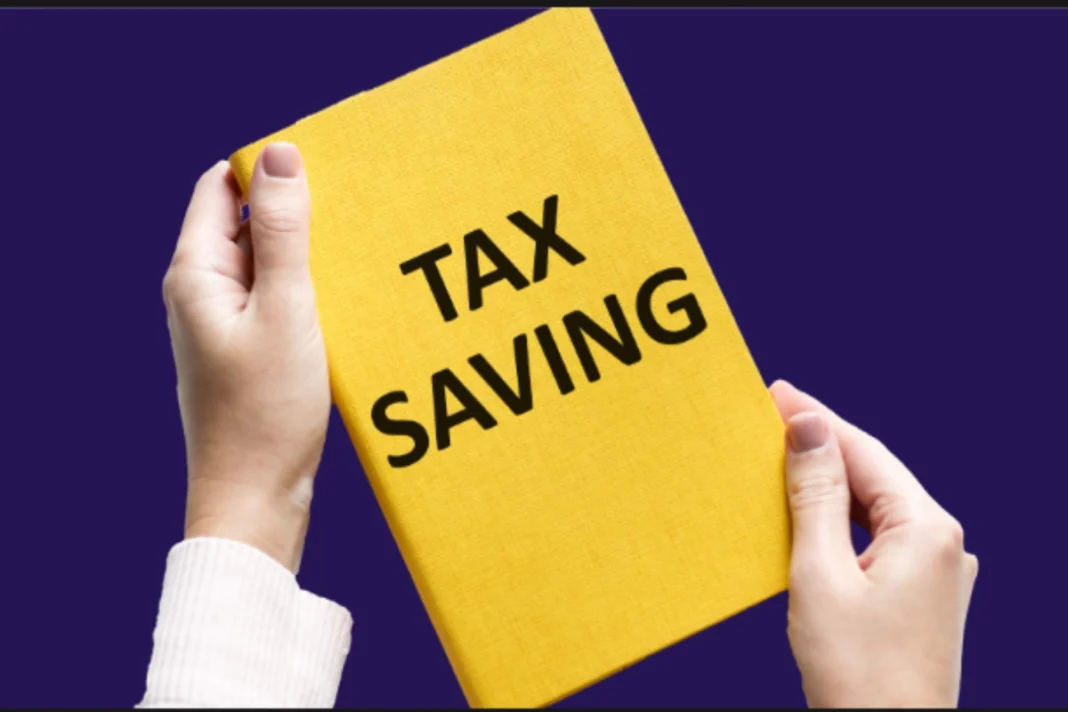Income Tax News: Small business owners must be proactive in their tax planning to prevent being caught off guard by hefty bills because as their company’s revenue increases, so do their tax obligations. A successful business relies on the implementation of efficient tax strategies. There are several ways to reduce tax obligations, particularly for companies with higher revenue.
Maximize Retirement Contributions
Here are some efficient tax strategies that your small business can start using right now to save money, from maximising retirement contributions to lowering debt to optimising home office deductions. One of the most often overlooked tax benefits that can significantly reduce your tax liability is your home office deduction. This is partly due to some widespread misunderstandings regarding the definition of a “home office.”
Leased Spaces and Home Office Deductions
Even if your space is leased, you can still deduct your home office expenses from your taxes because the IRS permits both homeowners and renters to do so. All kinds of residences, including houseboats and studio apartments, are eligible for the deduction (but not hotels or Airbnbs where you are spending a vacation). For a home office deduction to be valid, your space needs to fulfil these two conditions:
- Regular and exclusive use: The area you designate as your office has to be utilised only for work-related activities. For example, you cannot deduct the cost of a guest bedroom if you use it for both your office and your in-laws’ lodging.
- Principal place of business: Your principal place of business must be your home office. This indicates that you don’t operate another office. You must “exclusively and regularly use your home office for administrative or management activities.” Bookkeeping, scheduling appointments, making sales calls, and billing customers are examples of management activities.
To lower your taxable income, postpone income
Recall that the amount of income you earned in the preceding calendar year determines how much income tax you will pay. Effective sales tactics in this situation come with a double-edged cost: higher income equals higher taxes. Defer some income until the following calendar year if you want to reduce your April tax burden.
Proactively handle depreciation and purchases
One of the largest costs in a small business budget is equipment. Deducting new purchases from your taxes and getting rid of outdated equipment can make a big difference. Make any necessary equipment purchases, such as a laptop, car, or other items, before the end of the year. Since the item will have had less time to depreciate, the earlier date of purchase can be declared as a higher expense or even the full purchase price. Likewise, you may be able to take advantage of business credits for things like solar panels, energy-saving upgrades, or other sustainable investments. To find out what you can claim for your business, check the IRS list of business tax credits.
DON'T MISS
Make the most of your retirement plan contributions
Increasing your retirement account balance benefits your tax rate in addition to being an investment in your future. Because 401(k) contributions are made with pre-tax income, your monthly income drops each pay period, resulting in a lower tax rate.
In2023, an individual may contribute a maximum of $22,500 to a 401(k). You can make contributions to your account up to $6,500 in 2023 if it is configured as an IRA. Owners of businesses can also provide their staff with 401(k) plans. Small businesses are eligible to deduct up to $500 annually from their taxes for the first three years that a 401(k) plan is established and administered. It’s also a fantastic perk to provide to your staff.
Reduce your debt
Many small business owners borrow money in order to fund their expansion. Although you might be taxed on interest payments, a loan won’t be taxed in the same manner as business income. To find out if you can make your loan as tax-efficient as possible, speak with a CPA or accountant. Make sure to write off any uncollectible debts you may have accrued throughout the year at the same time. Debts that a customer owes your company but that you, the owner, or a creditor have not been able to collect are known as uncollectible or bad debts.
You are allowed to write off bad debts prior to the year end by the IRS. Check who hasn’t paid by running your accounts receivable ageing report. You might be able to deduct the balance of a customer who is no longer active from your overall sales figure if the results indicate that they are. This lowers your income tax because it lowers your income. The catch is that you will have to undo the write-off if you do decide to write off a bad debt and the debtor later pays you.
Keep watching our YouTube Channel ‘DNP INDIA’. Also, please subscribe and follow us on FACEBOOK, INSTAGRAM, and TWITTER



